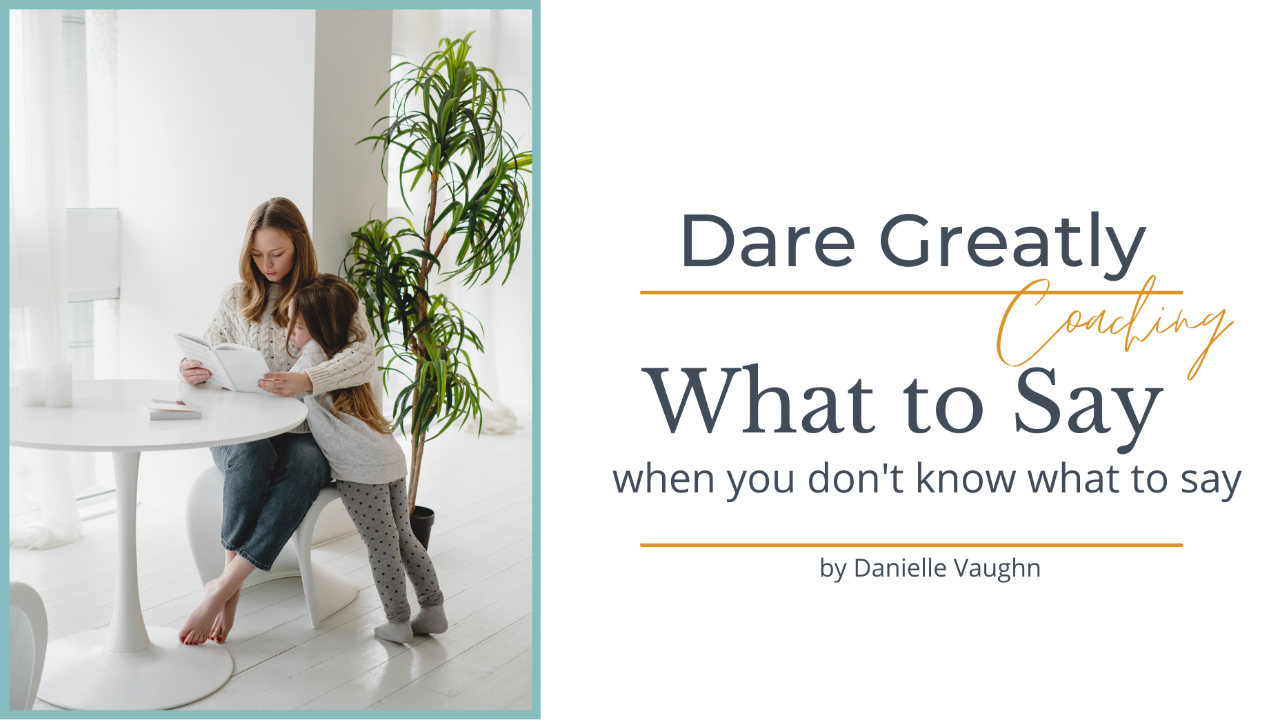Parenting Fundamentals - Part 3: Teaching About Media

Welcome to Part 3 of this 3 Part blog series that highlights what I learned about parenting in my Marriage and Family Sudies degree. I'm hoping to give you the most condensed but impactful lessons from my studies, that's what this blog series attempts to do.
A common concern that comes up when I'm helping parents in my coaching practice is teen depression and anxiety. Many of the teens I coach ask for my help in those areas too, and the first area I ask questions about are the teen's media usage, whether a cell phone, tablet, or computer.
There is a high correlation between media use and teen depression and anxiety. A study published back in 2017 from San Diego State University psychologist Jean Twenge acknowledges the correlation, though is cautious to prove causation (Twenge, 2017). Even so, the study raised a big red flag to parents.
Between 2010 and 2015, Twenge's findings indicated the biggest increase was among girls who were six times more likely than boys to report depressiv...
How to Help Your Teen Be the Hero of Their Own Story

My son has a rare disease called Usher Syndrome - he is gradually going deaf and blind - it’s been hard to see his hearing and his eyesight decline in his adolescence, and he’s been struggling socially, since friendships with his friends from younger years have shifted as he’s entered high school, he doesn’t feel like he can keep up in normal conversations, how fast paced they are, he often has to ask people to repeat themselves.
And I’m giving some context here because he’s found online gaming as a fun way to use his headphones and talk and laugh and hear everything people say. Plus he’s good at it.
I spend a lot of time actively praying for my children and asking and listening for guidance. I’ve talked about prayer on the podcast before, but with Joseph, I knew I needed to let Joseph keep his love of video games, but guide him, but not be too controlling about it. And it went against everything I had previously thought about video games. I have a lot of negative bias toward them...
Making Room for Grace

Making room for grace, the concept I’m teaching applies to anything you are going after, whether it’s a goal, a dream, or something you want to turn around and make improvements on in your life, something you might be worried about. Making room for grace is a beautiful way to approach the possibility of change for the future.
So, on to what I want to talk about today, which is about making room for grace. When I make room for grace in my parenting, it’s easier to help my kids own their own results versus trying to control my kids because I’m worried about their choices. And this is something I have been thinking about for a LONG time, especially because I think I’ve told you before, I have some head-strong kids. So I had to learn early on how to enjoy parenting more. It all felt so out of my control. I didn’t like how that felt when my kids were little. I felt at the mercy of their choices. If they made good choices, then life was peaceful and wonderful. If they made bad choices l...
What to Say When you Don't Know What to Say

Have you ever wondered, when you see another person upset, “what the heck do I say right now?” or “this is so awkward!” Do you wonder how to draw a quiet, withdrawn teenager out of their shell and get them to talk to you more, to open up to you if there’s distance in the relationship? Do you wonder “why doesn't my child listen to me?”
When your partner is upset or hurting - and you want to help but you’re so worried about the problem you don’t even know what to say and everything you DO say seems to be the wrong thing?
Or what about when your spouse is having a hard time, say it’s a problem at work, and you know the solution, but the more you offer suggestions, the more frustrating the conversation becomes?
The #1 reason even the most “well-intended” conversations can fall flat - and it has to do with the role we are taking on in the moment we are witnessing a loved one having a hard time.
We take on one of two roles: Are we being a Fixer or a Trust Builder? Oftentimes, ...
Emotion Coaching Your Teenager

Friends,
Do you wish you could connect with your teens more? Do you feel like your children can come to you with any problem?
I think the number one thing I hear from the teens I coach with is how they wish their parents would listen to them when they are upset.
And I get it.
Who wants to listen to a moody teenager?
Besides, it can be scary and what if we say the wrong thing and make things worse?
But I want to offer to you that there is a better way to show up for your teen when they are upset versus talking 'at' them or ignoring them.
NOTE: if you've been coached before and know that Thoughts create Feelings, DO NOT tell your teen that their feelings are all caused by their thoughts and then go into coaching mode. Coaching is only for people who want to be coached. In family relationships, it is better to talk through their feelings with them and try to understand the source of where the emotion is coming from.
The key to good parenting for teens lies in understanding the e...
How One Mom Shifted Parenting Her Teenage Daughter

The following is shared with full permission by a very brave mom who I recently coached.
She shared with me how afraid she was of her daughter and the distance they were experiencing in their relationship. She had a completely different vision of how she thought their relationship should be versus the direction it was heading.
She believed her daughter was difficult.
A belief is a thought you keep on thinking.
It's a thought you keep thinking over and over, until it becomes second-nature.
Most of us aren't aware of our beliefs about other people, other than the general feeling that they're lacking in some way or that they are responsible for making us happy.
Our beliefs will determine how we feel about our life. And they will show up in all of our relationships.
This mom wanted support with her belief in being a good mom. She was brave and courageous as she admitted that being a good mom meant "always knowing what to say" when her daughter would "freak out."
She held the bel...




